Words at work
– 7 min read
Clichés: definition, examples, how to use them
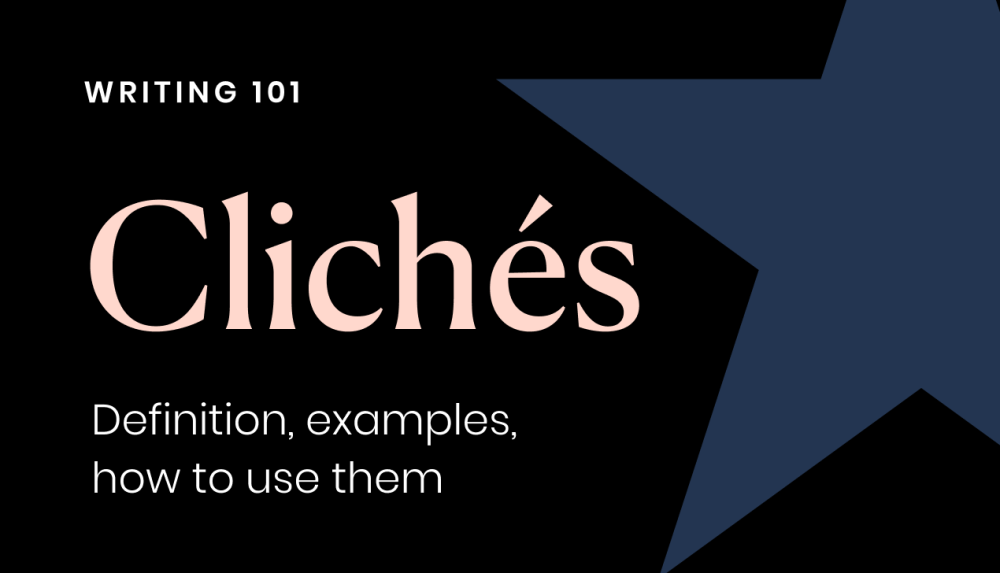
Have you ever come across words or phrases that are overused to the point that they irk you whenever someone uses them? Well, you are not alone. In English language, such overused words are called clichés.
Using them in your writing is, of course, unoriginal. It shows you didn’t take the time to think before writing so your writing drives on a horse back instead of a turbojet.
Want to learn how to avoid using clichés and the rest of the good stuff? Let’s get to it.
What is a cliché?
A cliché is an overused phrase or reference that has lost its impact after having been used commonly. Once meaningful – even impressive – the overuse makes these phrases irritating for the readers.
You could say clichés are like stale bread that’s caught mold. When baked fresh, the bread loaf has high demand. Over time, with its freshness gone, the loaf loses its demand and is no longer desirable.
Clichés are the same – they squeeze out freshness from your writing, leaving it dull and undesirable.
Cliché pronunciation, synonyms, and origin
Now that you have the definition of cliché, let’s move to its pronounciation, synonyms, and etymology.
Essentially, the word cliché has French roots. Hence, the accented ‘é’ in the word. In English, therefore, you can write a cliché as cliche. But, since, cliché sounds more stylish and because, I’m a creature of habit (cliché, you caught me!), we’ll stick to the use of cliché in the piece.
Going back to the word’s origin, we’ve an interesting story that goes back to the use of cast iron plates used in printing presses.
When in action, the cast iron plate that reproduced images, words, and phrases was referred to as stereotype plate. At work, these plates created a sound that played like ‘cliché.’ Hence, the word cliché came to be from the repeat sound.
Looking at the literal meaning, cliché is the past participle of clicher in French, which means an often repeated phrase.
Moving on, thanks to its French origin, the é in cliché lends the pronunciation of ‘ay.’ Put together, the word is: klee-shay/kliˈʃeɪ.
As for the cliché synonym, we’ve three words, platitude, truism, and banality. But, cliché is a pretty prominent word in itself, requiring no synonyms, really.
Cliché examples
With cliché meaning out of the way, let’s look at some common cliché examples:
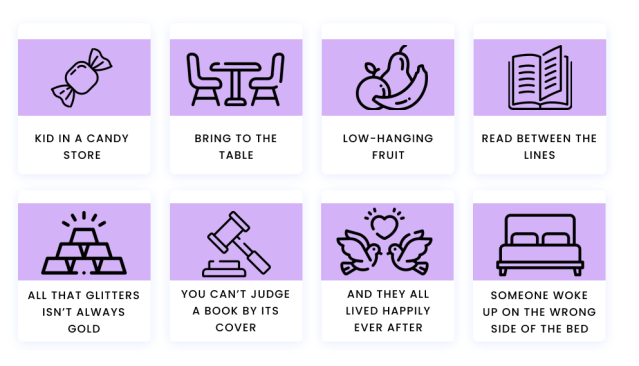
Note that you’d already be familiar with these phrases. ‘Happily ever after,’ for example, holds a lot of meaning in a child’s world. Fast forward to their teenage years and they’ve heard this cliché so many times they’d be ready to tear up the book that ends with it.
Similarly, all that ‘glitters isn’t always gold’ used to be my favorite. In fact, it was a rule I lived by (you know, so I don’t get attracted to the chocolate aisle), but I have to make do without using it in my writing.
What does cliché mean to a writer?
In one word: unoriginal.
To add a few more words to explain how clichés are treated in writing: unimaginative, dull, uninteresting, and stale – yes, that word again (because clichés are stale by nature).
Now, if you are an aspiring creative writer, you’d know these aren’t the words you’d want your writing to be associated with it.
Even if you aren’t a creative writing aspirant, you wouldn’t want to be in the company of clichés. Why? Because, you’d want your writing to sound less boring and more ‘you.’
So, either way, you’d want to steer clear from clichés. If need be, however, you can always add a cliché or two. It’s best to use them with caution though.
Here’s more on the effects of clichés in writing, explaining why you should avoid them:

Good writing has a charming personality to it. And, like any charming personality, it attracts readers – leaving an amazing impression.
Naturally, whether it’s an internship application or an email to your professor, you’d want to leave a good impression. You know what that means, right? No clichés.

Since clichés are overused, their presence indicates you haven’t taken the time to think before writing something. It’s how you get tagged ‘unoriginal.’
Of course, if your writing isn’t showing original thoughts, you’ll come across as lazy. That’s not good news, fellas. 😬

A writer’s dream is to have a distinctive voice. Even if you aren’t aiming all that high, it helps to let your voice slip into your writing. This way, you’d sound a little less boring and a whole lot smart.
Not sure if a cliché or two has slipped into your writing? The next section will help you.
How to find clichés in your writing?
These seven tips will help you go all Sherlock Holmes on common clichés in your writing:
1. Read your draft out loud
After having written your draft and given it some breathing room before returning to edit it, start with a general look-out-for-clichés read.
If there’s a cliché, you’ll probably read the sentence on your own (from memory) rather than from the paper.
2. Get some help
Ask a friend or colleague to listen to you as you read your draft out loud. If there’s a sentence that they can complete before you finish reading it, you’ve used a cliché.
Why? Because clichés are predictable and their overuse means your friend can guess the rest of the sentence.
3. Reread to identify generality
Instead of generalization, aim for specificity. This stands true for all sorts of writing – descriptive, persuasive, argumentative, and so on.
Hence, once you’ve written your first draft, go back to it to read it sentence by sentence. Sniff out any general details. Then, go and replace them with specific details.
Example:
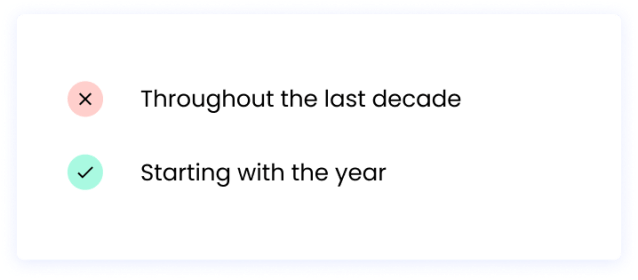
4. Ask yourself: can someone else write the same thing
Be honest when you do this exercise. If there’s a sentence someone else can write, you’re probably using a cliché to frame your thoughts.
Either way, going into details instead of relying on clichés will help. For descriptive writers, for instance, use unique description in place of common similes and metaphors.
For persuasive writing, back arguments with specific points. If you’re sharing experience, is it unique to you?
5. Find out if you’re using a metaphor
Overused metaphors often become clichés. So a good way to identify whether you’re using a cliché is to look for metaphors in your writing.
Metaphors make comparisons between ideas, concepts, and settings – comparing one to another either directly or indirectly (using implied meaning). So if there’s a comparison in your writing, it’s a metaphor. And, if it’s a metaphor, check if it’s an overused one to hunt down a cliché.
6. Keep special check on introductions and conclusions
Use of cliché is common in these two sections, so keep an eye out for them (and a thesaurus close for rewriting words and phrases).
Some clichés that slip into these sections are:
- Throughout history
- In a nutshell
- Since the beginning of
7. Keep a list of common clichés with you
Refer to it when you review your writing. We’ve a list of common clichés for you below.
So the tips worked and now you’re staring at a bag of clichés to get rid of. What now? Don’t panic.
Clichés are common in every writer’s first draft. But, once you’ve caught them, take the time to think exactly what you want to write, then rewrite the sentence. This can take a bit of rewriting and that’s okay as it can help you get out of the old cliche trap.
List of common clichés
As we wrap this, let’s leave you with some clichéd phrases:
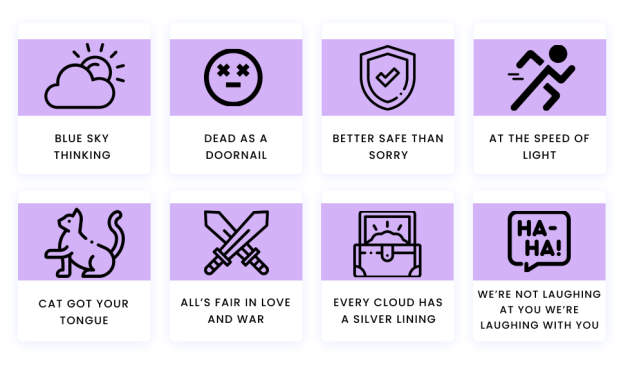
More resources
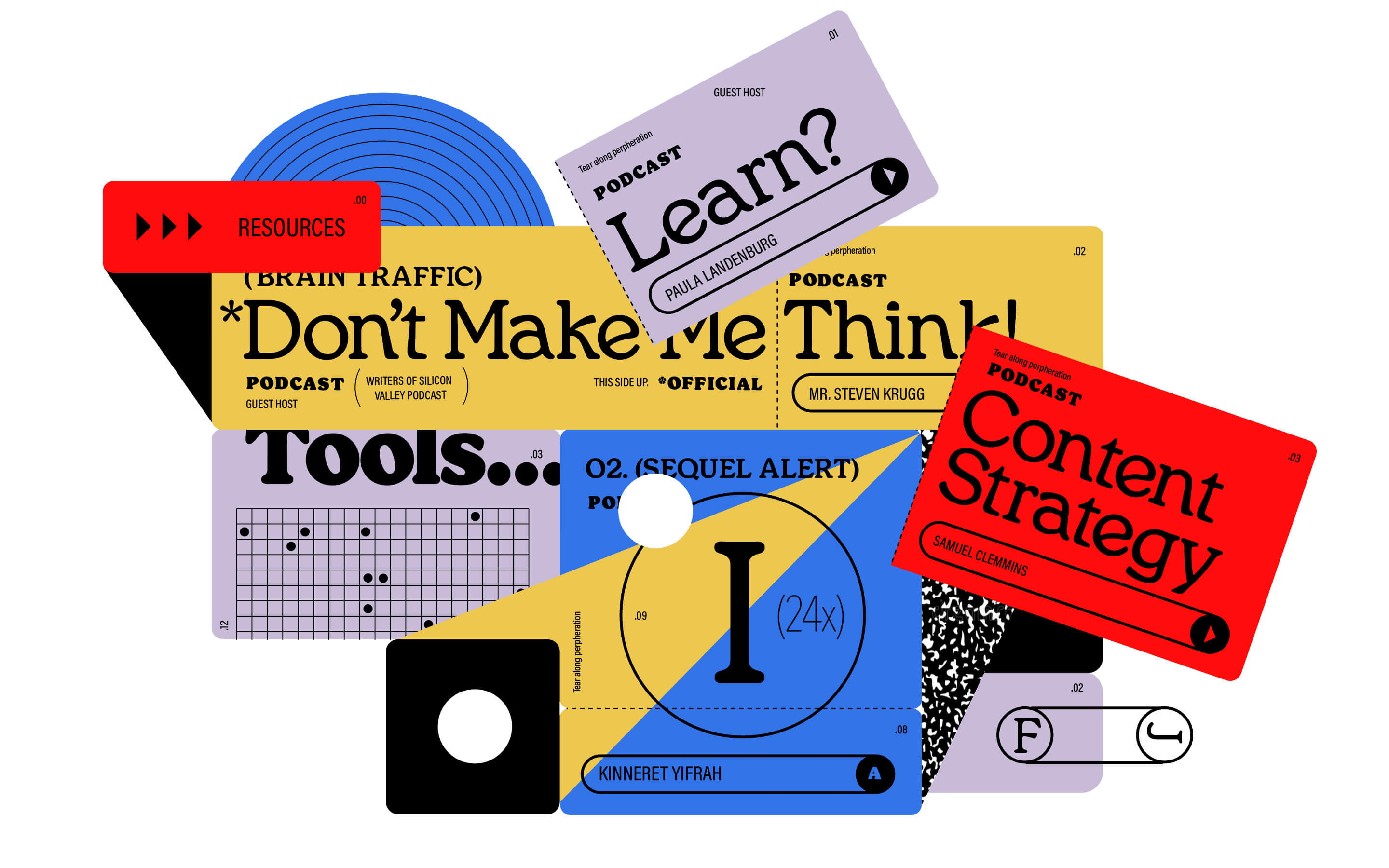
Words at work
– 10 min read
Recommended content strategy resources & tools
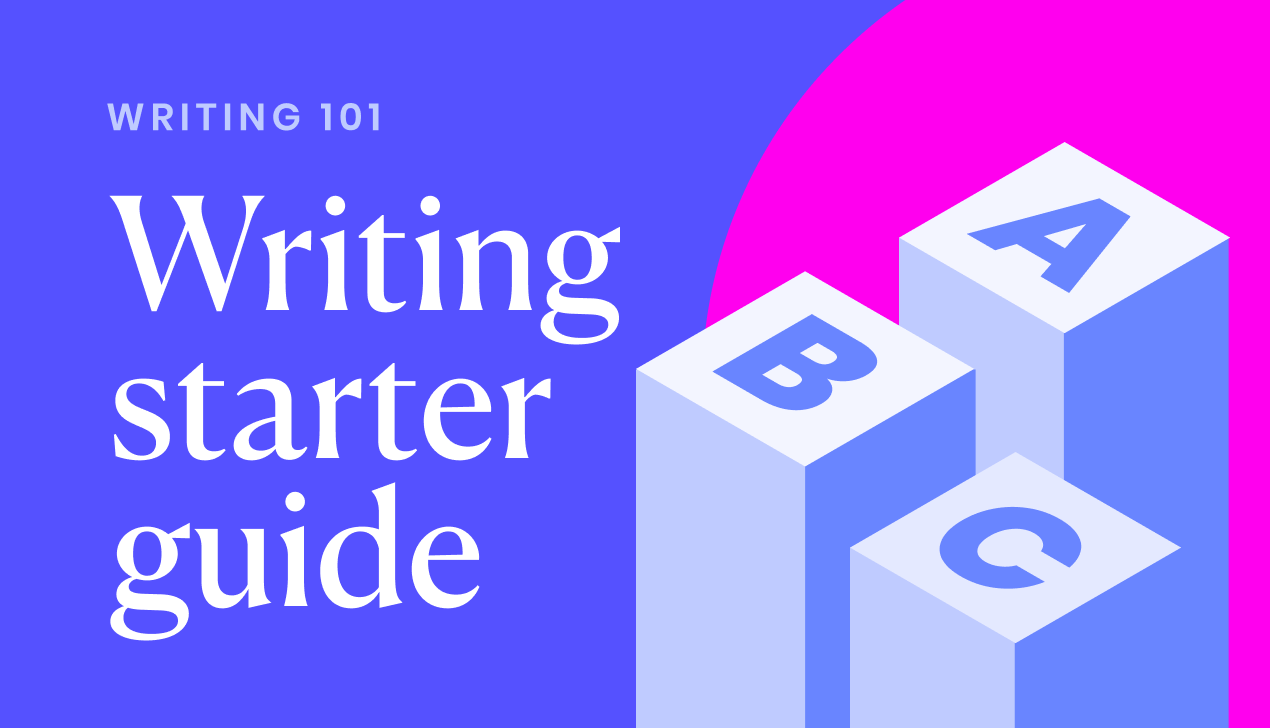
Words at work
– 8 min read
Writing starter guide: The basics
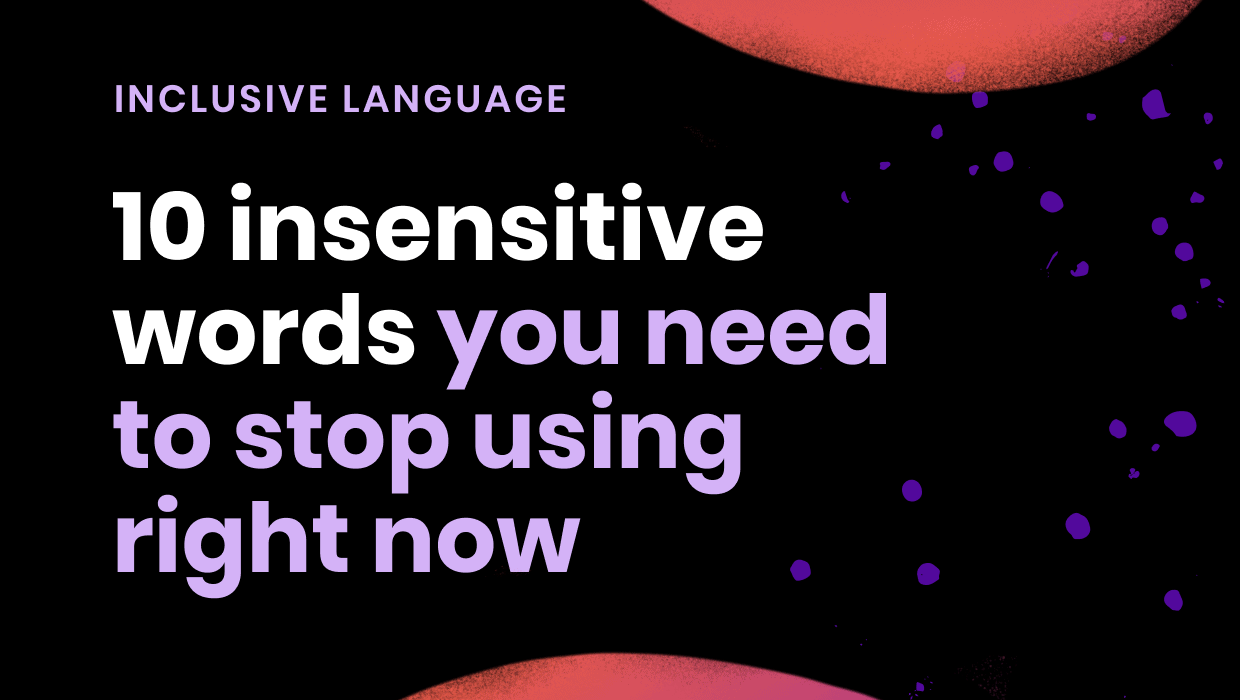
Words at work
– 6 min read



